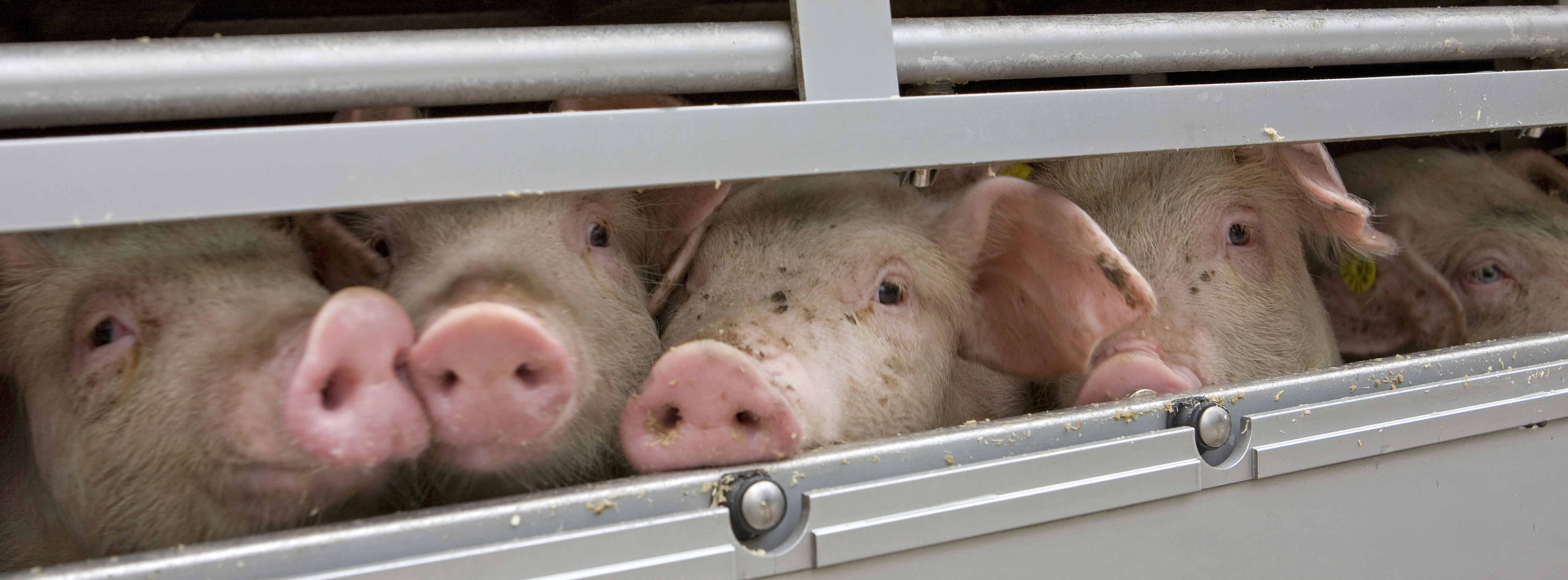



New swine transport disinfection reaches commercial trial
A Swine Innovation Porc project aimed at automating the cleaning and disinfection of swine transport trailers to improve biosecurity and reduce disease transmission has moved closer to commercialisation.Scientists with the University of Saskatchewan, the Vaccine and Infectious Disease Organization, the Prairie Swine Centre and the Prairie Agricultural Machinery Institute are working on behalf of Swine Innovation Porc to improve the efficiency of washing swine transport trailers and the inactivation of disease causing pathogens.
Speaking to Farmscape, Dr Terry Fonstad, a Professor in the College of Engineering at the University of Saskatchewan, says phase-3 will hopefully move the project toward commercialisation.
"PAMI's work has now brought in partners from the robotics industry, a robotics company out of Ontario and a hydrovac system company out of Wisconsin, that are interested in combining their talents to actually perhaps commercialise the wash system," explains Dr Fonstad.
"VIDO's work will go into the field. In the lab we know we can kill these pathogens with heat but now we have to take pathogens that may have the same characteristics, but not be swine pathogens, and test them in actual bake ovens that bake trailers and make sure that we're actually getting the kill that we need.
"They may have to be proxy pathogens. We're working through that with them.

"The Prairie Swine Centre is working with the trailer manufacturers and we, at the College of Engineering are working with a private company called Transport Genie and Be Seen Be Safe out of Guelph that is actually already working on the humidity and temperature sensing for animal welfare and we're going to add onto their product the ability to trace the trailer, GPS, and be able to sense the heating of the actual trailer frame for pathogen destruction."
Dr Fonstad says the hope is that, by the end of phase-3, all of these things can go onto commercialisation and that the academics can back off a bit and answer the few remaining lingering questions and that industry can take the lead.








